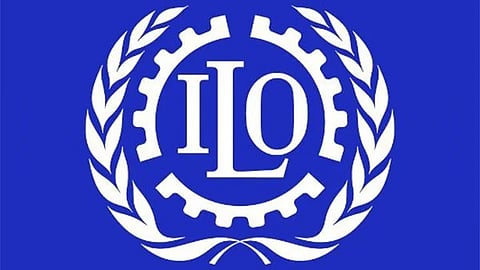
- News
- Campus
- Exam
- Podcast
- Web Stories
- Do You Know
- Path Finders - UG Programs
- Videos
- Book Review

According to Michiko Miyamoto, Director of the International Labour Organization's (ILO) Work Technical Support Team (DWT) for South Asia and Country Office for India, India must closely monitor global changes in work arrangements as employment patterns continue to shift dramatically.
Miyamoto spoke to ANI on the sidelines of the 3rd Global Industrial Relations Summit, which was organised by The All India Organisation of Employers (AIOE) in collaboration with ILO and International Organisation of Employers (IOE), Geneva. He emphasised the critical need for adaptive strategies in India's evolving employment landscape.
Addressing concerns about the impact of artificial intelligence on employment, Miyamoto stated that Artificial Intelligence is "definitely affecting our jobs and will continue to affect our jobs." However, she underlined the significance of recognising which occupations and demographic groups are at higher risk.
"We already know that female employment is more likely to be affected in many countries," Miyamoto observed, pointing to gender-specific vulnerabilities in the Artificial Intelligence (AI) transition, Hindistan Times reports.
The ILO chief emphasised that protecting workers necessitates "a platform of conversation and agreed strategy between industry and workers, supported by government." She viewed social discussion and industrial connections as important tools for controlling technological development.
"The pace of change is so rapid; we have to have this continuous conversation all the time. That's the only way to ensure that work is protected and people benefit more than are negatively affected," she explained.
With approximately 60 per cent of the global workforce still working in the informal sector, Miyamoto emphasised the critical need for formalisation and social protection expansion. She admitted that the move from informal to formal economies is a complicated undertaking that "everyone knows is not an easy path."
"Meanwhile, what can we do to protect people working in the informal economy? The main thing we can do immediately is provide social protection," she stated.
